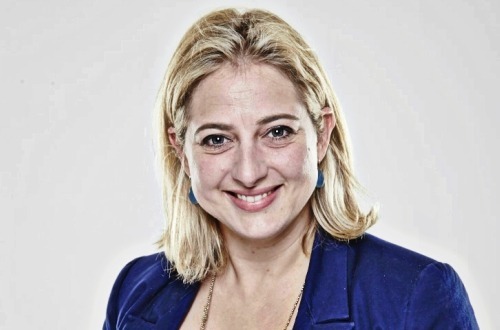
The tech startup landscape has, over the past few years, seen impressive growth.
The numbers paint a picture of an ecosystem that is maturing. According to African Tech Startups Funding Report, African startups raised in excess of US$185 million in 2015 with South African companies taking the biggest slice, receiving over US$54.5 million.
And according to the survey by Southern African Venture Capital and Private Equity Association in the 2011-2015 period, 21 public and private VC fund managers and angel investors completed 168 new deals amounting to a total value of R865 million. As at July 2015, total VC assets under management were valued at R1.87 billion and the largest number of deals came from ICT-type sectors. CEO Erika van der Merwe in the SAVCA 2015 VC Survey states that South Africa’s venture capital industry continues to expand in line with the increase in entrepreneurial high-tech activity in the market.
Despite this, the number of women-led tech startups continues to be very low.
According to WomeninTechZA, an initiative that aims to help address the gender gap in the ICT sector, of the 236 000 ICT (tech) roles in South Africa, only 56 000 (23%) of them are occupied by women.
This is also reflected in the diversity figures from major tech companies globally (including Google, Facebook, Yahoo and LinkedIn) which show that the technology space is still heavily male-dominated, with women filling less than 20% of tech jobs.
In the first, of what will be a series of interviews looking at the shortage of women startup founders, we speak to Alexandra Fraser, partner and director of Batstone, a tech strategy practice firm.
Passionate about building a vibrant entrepreneurial ecosystem in South Africa, Fraser began her career in tech at Cape Biotech which is now part of The Technology Innovation Agency (TIA or the Agency).
She says, “I have always had a love for technology and business so the early stage investment space allowed me to combine these passions, first in bio-tech and not in general tech. I then completed my masters in International Business in Emerging Markets with my thesis on VC in South Africa. When I returned it was through the help of other women in the VC space that I secured a position with InVenfin.”
Fraser talks about the still very low numbers of women in tech and why investors would love to invest in more women-led companies.
Q: What has your experience of the tech ecosystem in South Africa been in terms of gender representation?
While the current numbers are still pretty dismal, what is encouraging, is that there are more initiatives than ever focused on attracting and retaining female talent in the tech sector. The long term solution is to encourage young women to study STEM (science, technology, engineering and maths) subjects from school level and again, we are seeing more of an effort being made here. My hope is that in 15 years time the need to raise awareness of the benefits and need for diversity – not just with regards to gender – in any workplace will no longer be necessary.
Q: The number of women founders of tech startups is in the low single digits. What makes the technology industry so difficult for women startup founders to break into?
This is a very hard question to answer because there isn’t one simple reason. Its a combination of things which can include everything from a lack of existing role models, bad career guidance in the 70s and 80s, a lack of societally endorsed work opportunities and potentially that women themselves never considered tech to be something they might want to do.
Q: Statistics have shown that women-led private technology companies get higher return on investment and that the venture-backed ones have higher revenue, with all this why do you think the tech environment still has such prejudice against women-founded startups?
I can only speak in terms of the SA environment as it’s where I work and I don’t believe that this is the prejudice. My sense is that investors would love to invest in more women-led companies in general. Within the investment community there is significant progress in terms of more female investors, more women-led funds and the industry body, SAVCA, is currently led by Erika van der Merwe. This change in decision making, reflects the sentiment of the sector and will result in more balanced investment portfolios.
Q: What can players in the VC space do to ensure they fund more of the overlooked and underfunded women-led companies?
We can each highlight the successful women-led businesses in our portfolios which will demonstrate that there are successful women, and they are being funded. This will encourage more women-led businesses to apply for funding.
What do you tell women who are looking to get into the tech sector and hopefully start their own company?
Go for it! The tech sector is very welcoming to anybody as long as you can deliver on what you say you can. The great thing about South Africa’s technology start-up environment is that the passion for execution is greater than any prejudice.






